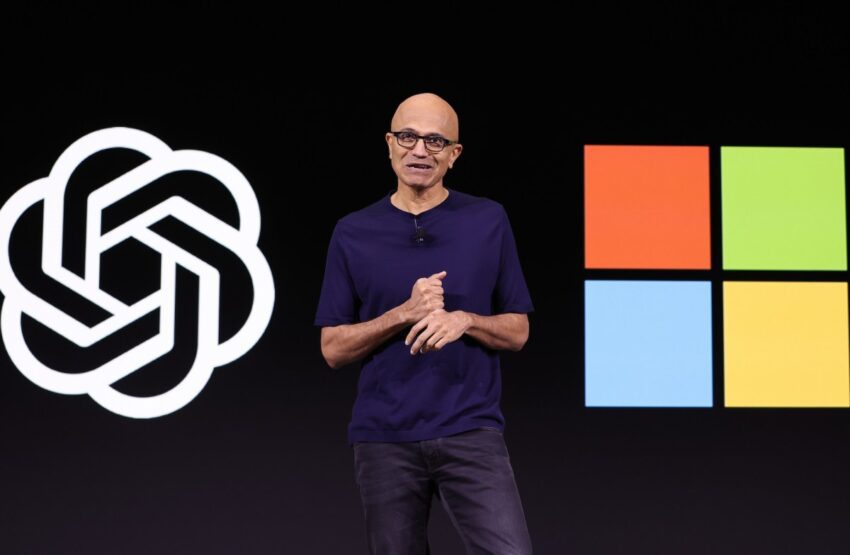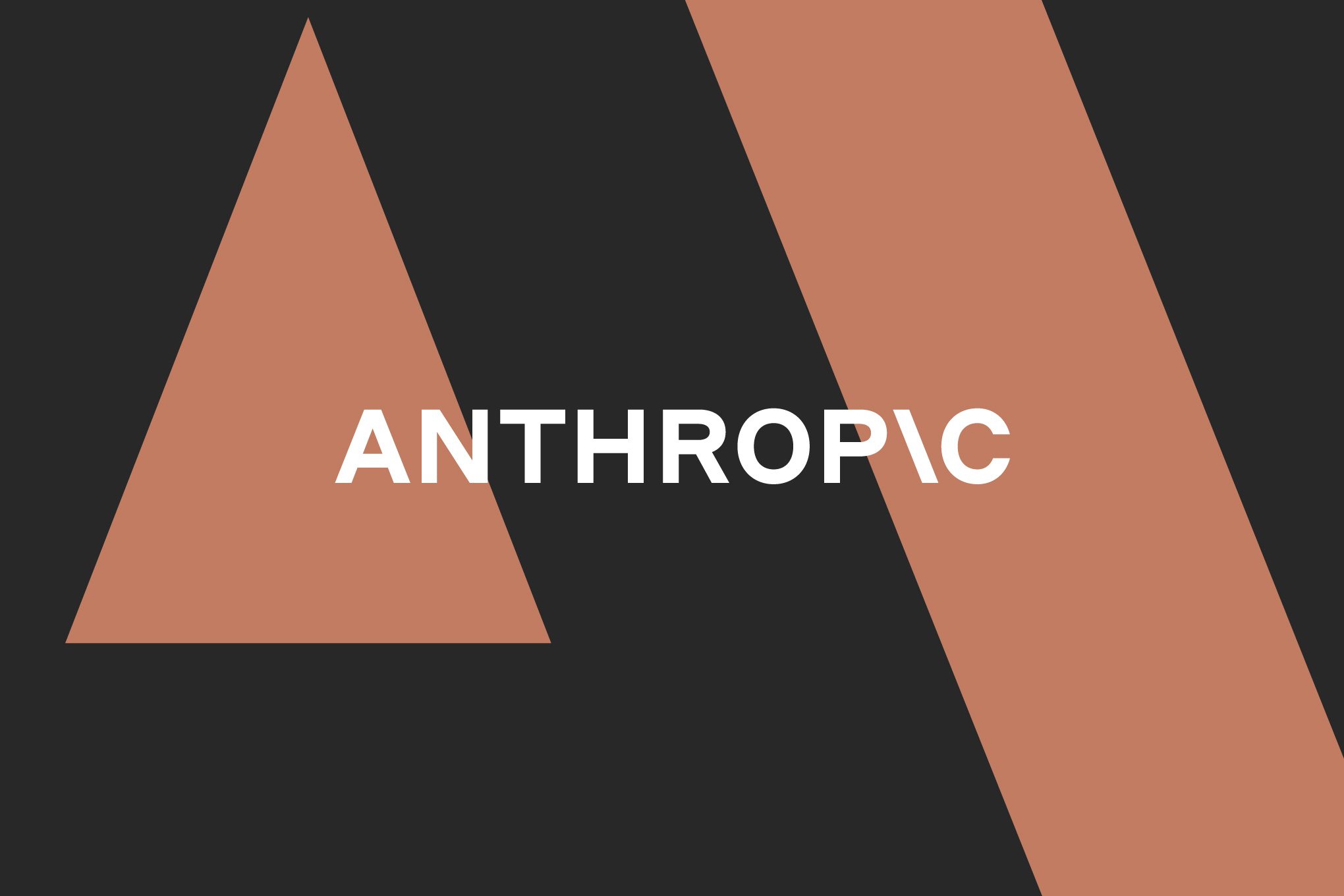
openai secures microsoft s blessing to transition OpenAI has announced a significant development in its corporate structure, securing Microsoft’s endorsement to transition its for-profit arm into a public benefit corporation.
openai secures microsoft s blessing to transition
Background on OpenAI and Microsoft Partnership
OpenAI, founded in December 2015, has rapidly emerged as a leader in artificial intelligence research and development. Initially established as a non-profit organization, OpenAI aimed to ensure that artificial general intelligence (AGI) benefits all of humanity. However, as the demand for advanced AI technologies grew, the organization introduced a for-profit arm in 2019, known as OpenAI LP. This structure allowed OpenAI to attract substantial investments while still pursuing its mission.
Microsoft has been a pivotal partner for OpenAI, investing billions into the company and integrating its technologies into Microsoft products. The partnership has enabled Microsoft to leverage OpenAI’s cutting-edge AI capabilities, enhancing services like Azure, Office 365, and other cloud-based solutions. This collaboration has not only provided OpenAI with the necessary funding but has also positioned Microsoft as a leader in AI innovation.
The Transition to a Public Benefit Corporation
The recent agreement between OpenAI and Microsoft marks a crucial shift in OpenAI’s operational model. The transition to a public benefit corporation (PBC) is designed to align the organization’s business practices with its foundational mission of benefiting humanity. A PBC operates with a dual purpose: to generate profit for shareholders while also pursuing a public benefit. This structure allows OpenAI to prioritize ethical considerations in its AI development and deployment.
Implications of the Transition
Transitioning to a public benefit corporation has several implications for OpenAI, its stakeholders, and the broader AI landscape:
- Enhanced Accountability: As a PBC, OpenAI will be held accountable to its public benefit goals, which may include commitments to transparency, ethical AI development, and equitable access to technology.
- Attracting Ethical Investments: The PBC structure may attract investors who are interested in supporting ethical and socially responsible businesses, potentially increasing OpenAI’s funding opportunities.
- Regulatory Considerations: Operating as a PBC may subject OpenAI to different regulatory requirements, which could influence its operational strategies and reporting practices.
- Public Perception: The transition could enhance OpenAI’s reputation as a socially responsible organization, potentially increasing public trust in its technologies.
Stakeholder Reactions
The announcement has elicited varied reactions from stakeholders across the technology and investment sectors. Many industry experts view this transition as a positive step toward responsible AI development. They argue that the PBC model aligns with the growing demand for ethical business practices in the tech industry.
Support from the AI Community
Members of the AI research community have expressed support for OpenAI’s decision. They believe that the PBC structure will encourage more organizations to consider the societal implications of their technologies. By prioritizing public benefit alongside profit, OpenAI may set a precedent for other tech companies to follow.
Concerns from Investors
While many investors are optimistic about the transition, some have raised concerns regarding the potential impact on profitability. The dual mission of a PBC could complicate decision-making processes, particularly when it comes to balancing shareholder interests with public benefit objectives. Investors are keen to understand how OpenAI plans to navigate these challenges while maintaining its competitive edge in the rapidly evolving AI landscape.
Future Prospects for OpenAI
As OpenAI embarks on this new chapter as a public benefit corporation, several key areas will likely shape its future trajectory:
Innovation and Research
OpenAI’s commitment to ethical AI development will likely drive its research agenda. The organization may focus on developing technologies that prioritize safety, fairness, and transparency. This could involve investing in research on bias mitigation, explainability, and the societal impacts of AI technologies.
Partnerships and Collaborations
OpenAI’s transition to a PBC may open doors for new partnerships with organizations that share similar values. Collaborating with non-profits, academic institutions, and other tech companies focused on ethical AI could enhance OpenAI’s research capabilities and broaden its impact.
Regulatory Engagement
As a PBC, OpenAI may take a proactive approach to engage with regulators and policymakers. By advocating for responsible AI legislation and contributing to discussions on ethical AI standards, OpenAI can position itself as a thought leader in the field, influencing the future of AI governance.
Conclusion
The transition of OpenAI’s for-profit arm into a public benefit corporation, with Microsoft’s endorsement, represents a significant milestone in the organization’s journey. This strategic move not only aligns OpenAI with its foundational mission but also sets a precedent for ethical practices in the tech industry. As OpenAI navigates this new structure, its commitment to balancing profit with public benefit will be closely watched by stakeholders across various sectors.
As the AI landscape continues to evolve, OpenAI’s decisions will likely have far-reaching implications for the future of technology and society. The organization’s ability to innovate responsibly while maintaining its competitive edge will be crucial in determining its success as a public benefit corporation.
Source: Original report
Was this helpful?
Last Modified: September 12, 2025 at 3:41 am
5 views















